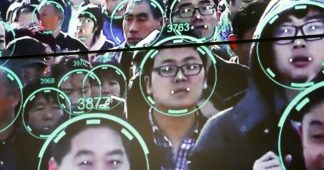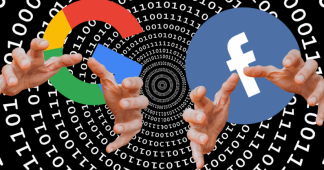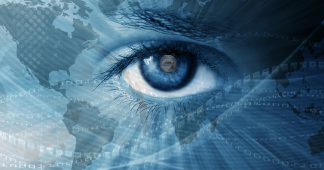What began as advertising is now a threat to freedom and democracy argues the author and scholar. Time to wake up – and fight for a different digital futur
By Joanna Kavenna
Oct. 4, 2019
It’s a beautiful day on Hampstead Heath, the last weekend of summer – parliament is still prorogued. In a festival tent at the HowtheLightGetsIn festival, Professor Shoshana Zuboff is talking about her recent book, The Age of Surveillance Capitalism: The Fight for a Human Future at the New Frontier of Power. Zuboff stands on a low stage, making eye-contact with her audience. She spies someone who seems unconvinced, invites them to raise their concerns. “When this book was published in January, I left home for three weeks on the road,” she says. “I’m still going.”
The audience laughs. Because The Age of Surveillance Capitalism – a 700-plus page sociological analysis of the digital era – has become an epoch-defining international bestseller, drawing comparisons to revolutionary works such as Rachel Carson’s Silent Spring. Naomi Klein has urged everyone to read it “as an act of digital self-defence”.
It describes how global tech companies such as Google and Facebook persuaded us to give up our privacy for the sake of convenience; how personal information (“data”) gathered by these companies has been used by others not only to predict our behaviour but also to influence and modify it; and how this has had disastrous consequences for democracy and freedom. This is the “surveillance capitalism” of the title, which Zuboff defines as a “new economic order” and “an expropriation of critical human rights that is best understood as a coup from above”.
Later, in an unglamorous spot by some parked vans, Zuboff explains why she wrote her book. She has dark eyes behind horn-rimmed glasses; abundant black curls; a low, resonant voice. She is brilliantly erudite and outlines her argument in trenchant, honed phrases, as if reading aloud. Her work on the themes of The Age of Surveillance Capitalism began as far back as the late 1970s. She was a postgraduate at Harvard, writing a doctorate on the Industrial Revolution. To earn money, she became an organisational change consultant, working in offices that were “computerising” for the first time. “They were expecting immediate productivity, growth, efficiency. But it was chaos, disaster. Crazy stuff was happening. People were saying ‘My work is floating in space!’”
Continue reading at www.theguardian.com











